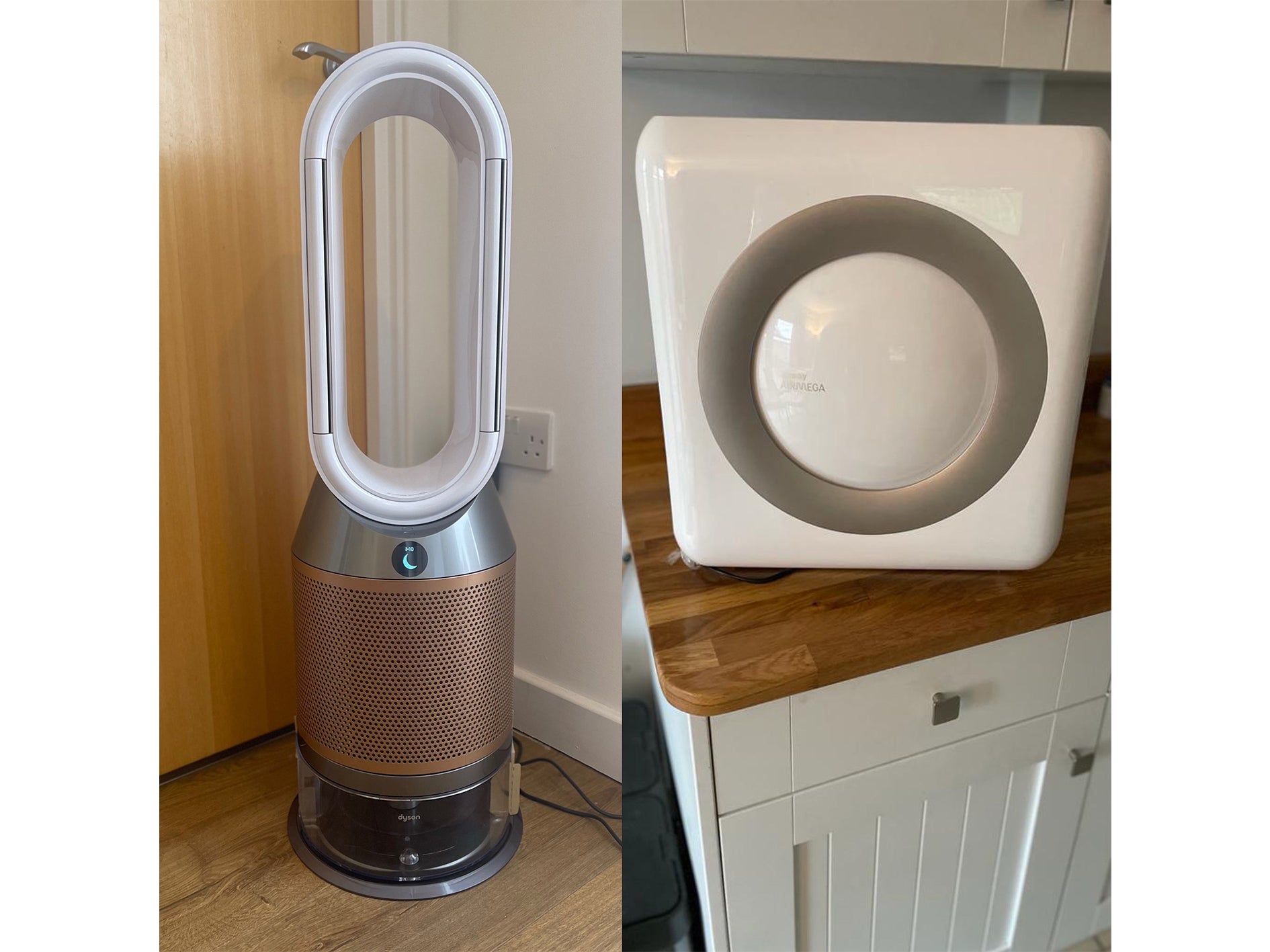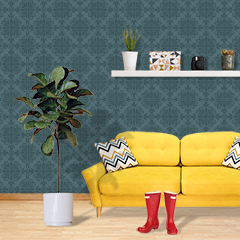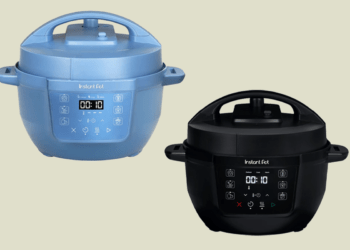When we talk about air quality, we tend to think of mucky exhaust pipes and busy city streets but the air we breathe inside our homes can be just as detrimental to our health. Help is at hand, though, as the best air purifiers for the home will help clean the air, removing impurities and allergens.
In a 2019 study, environmental charity Global Action Plan found Indoor air pollution can be 3.5 times worse than outdoor pollution in British towns and cities, as fumes from trains and traffic are trapped inside well-insulated homes. Fresh paint, cooking gases and even that beloved scented candle make the pollution worse, not to mention all those airborne allergens such as dust and pet fur.
While we love our feather duster, it won’t eliminate microscopic particles or prevent the continual release of gases, including VOCs (volatile organic compounds) from some paints, varnishes or furniture made from MDF and plywood. That’s where air purifiers come in.
Air purifiers literally pluck pollutants out of the air and trap them in a filter. The CADR (clean air delivery rate) indicates how quickly the purifier will remove contaminants from the air. Be aware, however, that some manufacturers, most notably Dyson, believe this rating can be misleading – testing for it doesn’t always represent real living conditions.
There are a few things to consider when buying an air purifier, to help you evaluate whether it’s the right one for your home. If you suffer from allergies, look at the number of cleans per hour, the recommended room size and the type of filter included.
“Three air cleans an hour is fine for general cleaning of the air; five is better for someone whose life is disrupted by allergies,” advises Chris Michael, managing director and founder of manufacturer Meaco. “All too often, people buy too small or too large and get it wrong. Make sure your air purifier actually cleans what you are allergic to from the air as well. If you are a hay fever sufferer, don’t worry about a charcoal filter, but if you want to remove smells, then charcoal is better than HEPA [high-efficiency particulate absorbing].”
We’ve put a range of air purifiers to the test, so, keep scrolling to find out which one is right for you.
How we tested
We test all of our products in everyday settings (rather than in labs), to replicate how you will be using them. Products are rated on several criteria and, while these can vary depending on the type of product being tested, we take into consideration everything from performance to value to design and usability.

For this review, we plugged in a range of air purifiers, then sat back and let them do the hard work. For each, we tested how easy it was to operate, how noisy it was, and any smart features offered, including air monitoring. We also considered whether we would be happy leaving the purifier out on display and if we noticed any discernible improvement in the air. Did we still get the sniffles if the air purifier claimed to be able to suck up allergens?
Where manufacturers have only provided recommended room size in square metres, we have calculated the approximate size in cubic metres, for a more accurate comparison, using 2.5m as the average height of a room.
The best air purifiers for 2024 are:
- Best overall – Levoit core 400S air purifier: £219.99, Amazon.co.uk
- Best budget buy – Gastroback AG+ air purifier: £124.90, Gastroback.co.uk
- Best quiet air purifier – Coway AP-1512HH Airmega Mighty: £164.99, Amazon.co.uk
- Best for large rooms – Philips 3000i series AC3033/30: £269.99, Amazon.co.uk
- Best with a fan – Dyson Purifier humidify + cool formaldehyde: £699.99, Dyson.co.uk











